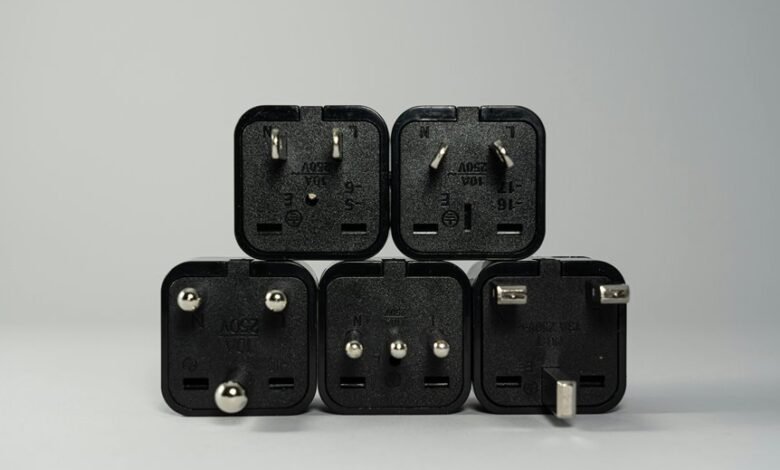Mutf_In: Sbi_Ener_Oppo_Irpgh5

Mutf_In: Sbi_Ener_Oppo_Irpgh5 represents a strategic approach to energy investment, emphasizing sustainability and efficiency. This framework is critical in aligning with market demands for environmentally friendly practices. It facilitates the shift towards renewable energy while enhancing resilience in energy systems. As the energy landscape continues to evolve, understanding the implications of this framework becomes essential for various stakeholders. What specific strategies are emerging within this model to address future challenges in the energy sector?
Understanding Mutf_In: Sbi_Ener_Oppo_Irpgh5
The Mutf_In: Sbi_Ener_Oppo_Irpgh5 framework serves as a pivotal structure within the broader context of energy operations and investment strategies.
It emphasizes energy efficiency as a critical component, aligning with market trends that favor sustainable practices.
The Role of Sustainability in Energy Solutions
While the transition toward renewable energy sources has gained momentum, the integration of sustainability within energy solutions remains imperative for achieving long-term viability.
Utilizing renewable resources not only enhances energy conservation efforts but also mitigates environmental impacts.
A sustainable approach fosters resilience against resource depletion, ensuring that energy systems remain efficient and accessible, ultimately supporting a society that values both freedom and ecological responsibility.
Technological Innovations Driving Efficiency
As advancements in technology continue to reshape the energy landscape, innovative solutions are emerging that significantly enhance efficiency across various sectors.
Smart grids facilitate real-time energy distribution and consumption monitoring, optimizing renewable energy integration. These systems leverage data analytics to predict demand patterns, thereby reducing waste and enhancing reliability.
The convergence of smart technologies and sustainable practices empowers industries to achieve unprecedented operational efficiency.
Future Implications for Industries and Consumers
Emerging technologies and smart systems are poised to significantly influence both industries and consumers in the coming years.
Data analytics will reshape consumer behavior, enabling personalized experiences.
Concurrently, industry trends will pivot towards sustainability and automation, fostering efficiency.
This convergence will empower consumers with greater choices, while industries must adapt to rapidly changing demands, ensuring resilience in an increasingly competitive landscape.
Conclusion
In conclusion, Mutf_In: Sbi_Ener_Oppo_Irpgh5 exemplifies the shift towards a sustainable energy future, akin to a ship adjusting its sails to harness the winds of change. As industries and consumers embrace this framework, data indicates a potential reduction in energy consumption by up to 30% over the next decade. This transition not only fosters resilience against market fluctuations but also serves as a beacon guiding stakeholders toward a more efficient and environmentally responsible energy landscape.





